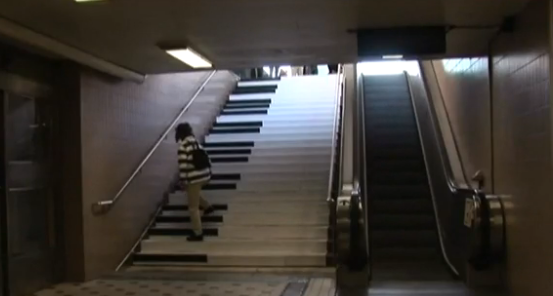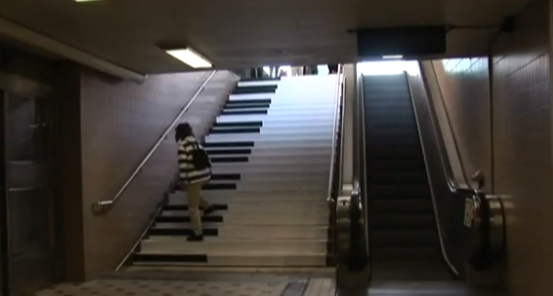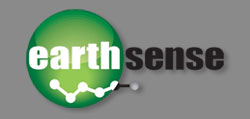
Depicts 60,000 plastic bags, the number used in the U.S. every 5 seconds, from Chris Jordan “Running the Numbers: An American Self-Portrait”
Beginning January 1, 2010, District of Columbia businesses that sell food or alcohol must charge consumers 5 cents for each disposable paper or plastic carryout bag. The business keeps 1 cent, or 2 cents if it offers a rebate when customers bring their own bag. The remaining 3 or 4 cents go to the new Anacostia River Protection Fund, which will use it to provide reusable bags, educate the public about litter, and clean up the river.
Although other cities have banned plastic bags or required recycling, D.C’s law is the first of its kind in a major American city. In 2007 San Francisco banned plastic bags and Oakland and Malibu soon followed. But in Seattle, an effort to impose a 20 cent fee on plastic bags failed to pass a referendum, and in NYC, Mayor Bloomberg’s proposal for a 5 cent fee went nowhere. Mexico City enacted a ban on thin plastic carry bags last year.
So how did D.C. manage this environmentalism first? According The Oregonian, D.C. council member Tommy Wells followed two basic strategies: First, focus the debate on a specific problem – in this case pollution of the Anacostia River – rather than the general environmental issue. Second, include incentives for businesses, which might oppose measures that alienate customers or raise costs – hence the 1 cent holdback for businesses’ administrative costs in collecting the bag fee.
The District promoted the program using the campaign “Skip the Bag, Save the River,” referring to the heavily polluted Anacostia River. The D.C. Department of the Environment found in a 2008 study that 47 percent of the trash in the Anacostia’s tributaries and 21 percent in the river itself was plastic bags. Bags clog stormwater drains, get caught in vegetation, and harm aquatic wildlife.
China banned ultrathin plastic bags in 2008 and also prohibited all stores from giving out free plastic bags, to save the millions of barrels of petroleum used to produce them and mountains of trash they become. China joined Ireland, Uganda, South Africa, Russia, and Hong Kong, according to TreeHugger.com.
Lawmakers in Virginia are considering measures similar to the D.C. bill. Could Syracuse or Onondaga County possibly become the first locality in New York State to enact this “green” and relatively inexpensive measure to save energy, reduce waste, and improve the environment?




